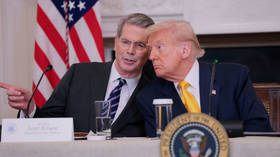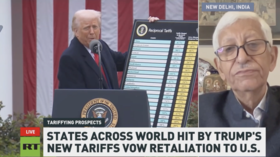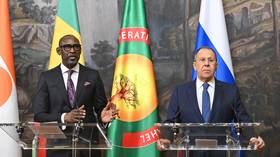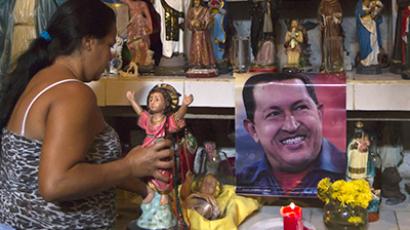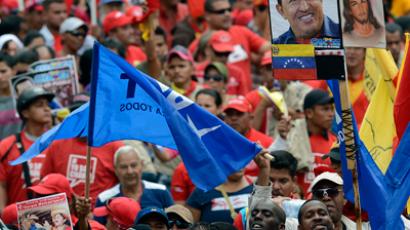Venezuelan currency devalued by a third
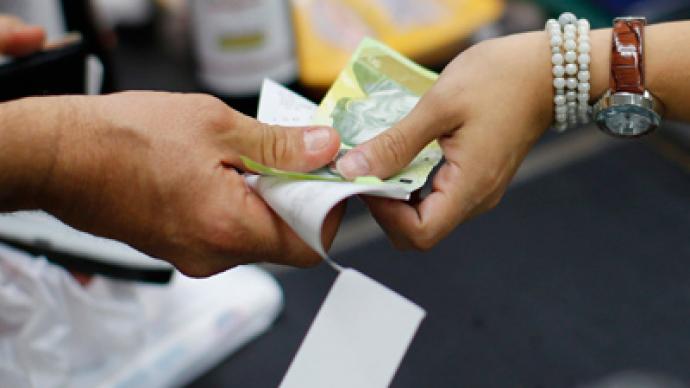
The Venezuelan government has devalued the country's currency, the bolivar, by a third. The fifth devaluation in nine years is expected to decrease the budget deficit, but at the same time push inflation up.
The fixed official price of the US dollar against the bolivar has been changed from 4.30 to 6.30. The move was announced on Friday. The measure is an expected one, as it was needed to make up for a large budget deficit, a result of excessive government spending during a campaign to reelect Hugo Chavez. Now the devaluation will give the government more bolivars for dollars it receives from oil sales which make up about 95 per cent of the country’s exports.What came as a surprise, though, is that the step was taken at this particular time, when President Chavez is still out of sight since undergoing cancer surgery in Cuba in December, which increases probability of early election. The devaluation was approved by President Chavez in absentia, according to Venezuelan Finance Minister Jorge Giordani. “Here is the president’s signature if you want to recognize it or if you still have doubts,” the minister said at a press-conference, showing a document to journalists. However healing to the economy, devaluation is an unpopular move, which will inevitably make imported goods more expensive and lead to surging inflation. Last year, Venezuela already faced the highest inflation rate in Latin America – 22 per cent. Venezuela’s government has maintained a fixed currency exchange since 2003. To receive dollars at the official rate one has to apply to a government currency agency. Meanwhile, the pre-devaluation cost of a dollar at the black market was four times higher than the official 4.30 bolivars.This is the fifth devaluation since Chavez's government established the currency exchange controls. The last devaluation was announced in 2010 and was caused by a fall in oil prices amid the global financial crisis. Back then the price for a dollar was changed from 2.15 to 4.30 bolivars.



